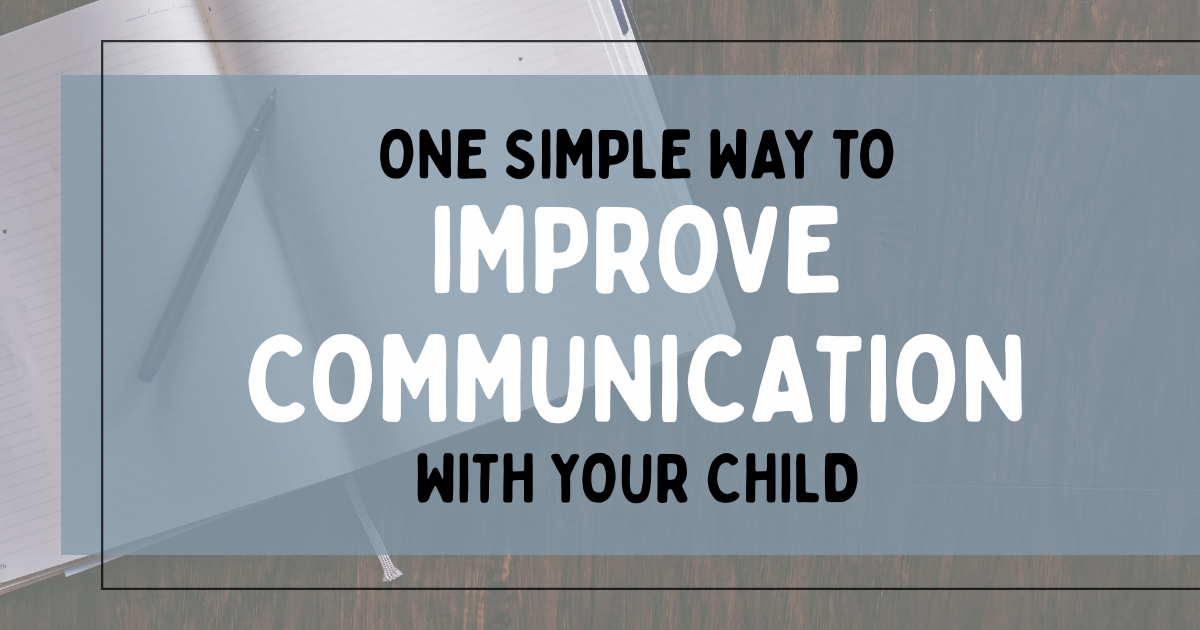One Simple Way to Improve Communication With Your Child
Sometimes talking face-to-face is hard, so my daughter and I started writing to each other in a shared journal. It gave her a safe space to open up, and it gave me time to respond with thought and care. This simple notebook has helped strengthen our bond and create more honest, meaningful conversations between us.

